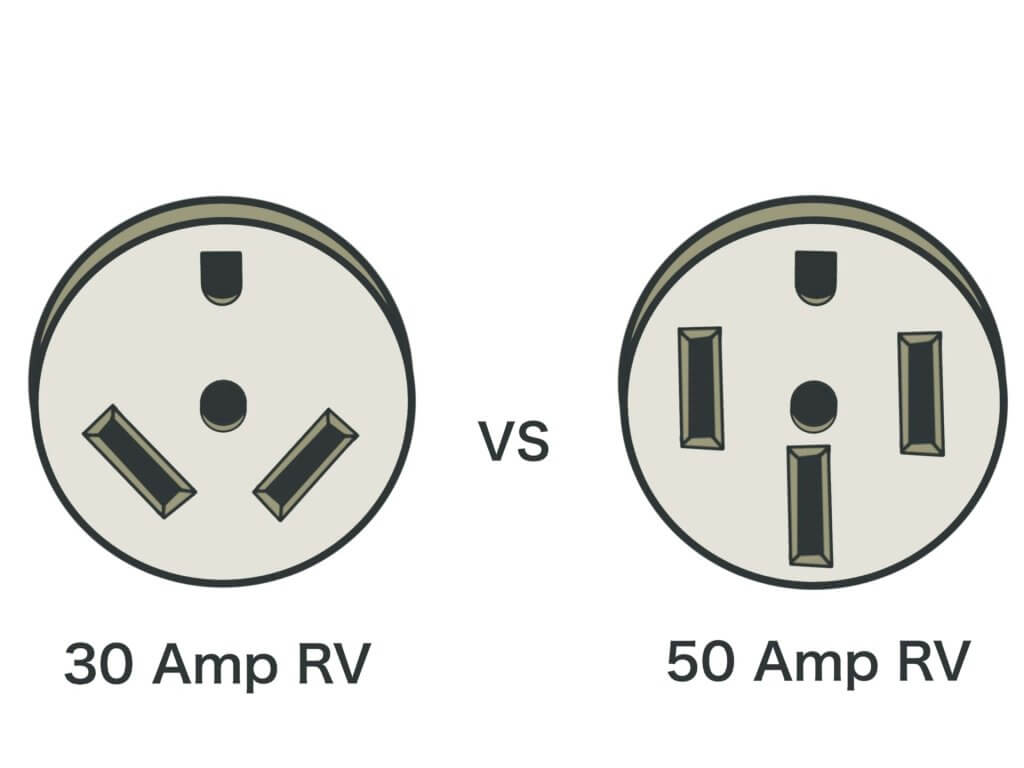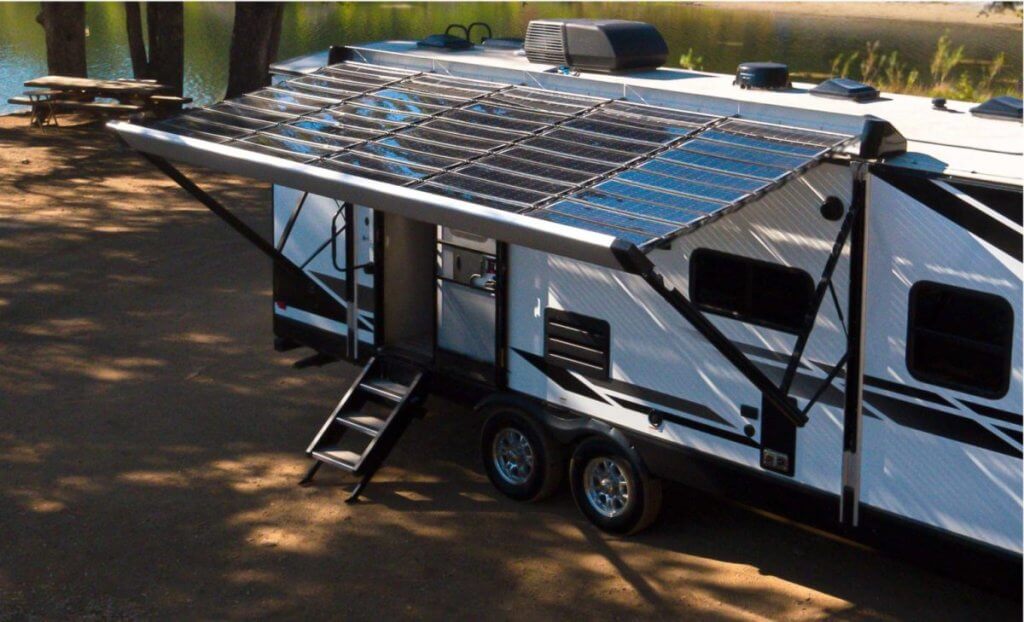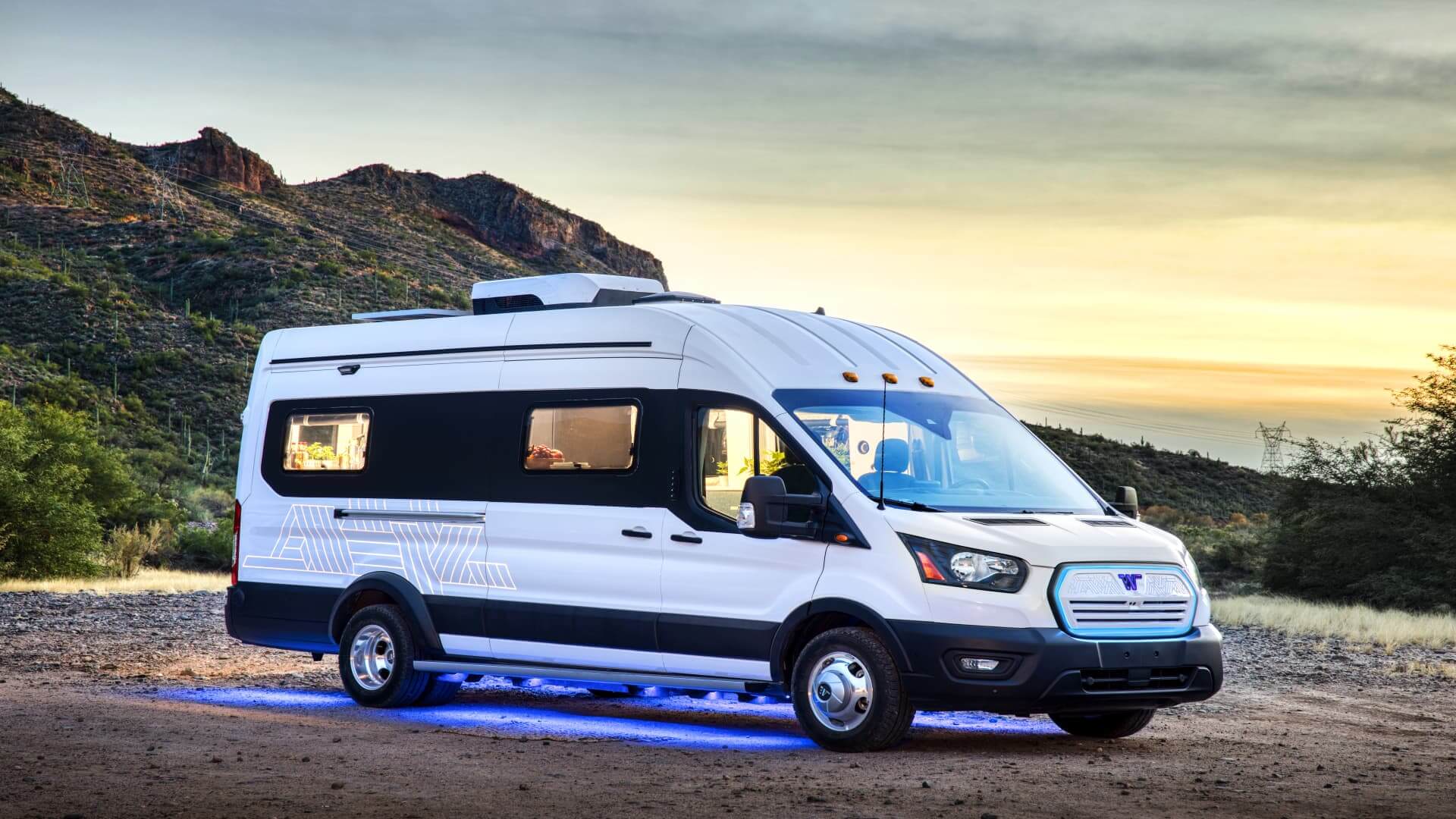RVing has recently gained more attention than traditional camping because of the comforts it provides due to the presence of electrical systems. RVs may work on generators, RV hookups, solar panels, or even inverters. RVs use both AC and DC to power up the electrical system.
Most RV parking grounds offer electrical hookups, also known as shore power. The hookups may come in 20, 30, and 50 amp outputs. Smaller RVs use 30 amp hookups, while larger ones use 50 amps.
But when it comes to deciding whether you should get a 50 amp RV or a 30 amp RV, you would need to understand the key differences between the two. You would also need to figure out how to wire a 50 amp RV plug and many other nitty-gritty to maintain your RV. So, here is a quick guide on the key differences.
Key Differences Between 50 Amp and 30 Amp RVs
To make up your mind, learn the key differences between the two types of RVs.

1. Differences in the Plugs
Plugs on 50 amp and 30 amp service have different designs. A 30 amp RV plug consists of three prongs, out of which one is a 120-volt hot wire, another is a neutral wire, and the third one is the ground wire.
Whereas a 50 amp RV plug contains four prongs, of which two are 120-volt hot wires, one is a neutral wire, and the fourth wire is the ground wire. The ground wire further supplies two separate 50-amp and 120-volt feeds.
So, when you have a 50 amp outlet, you must use an adapter to plug your 30 amp RV. This is because a 30 amp power cord is only capable of pulling 30 amp power from the outlet.
But when you use a 30 amp outlet for a 50 amp RV with an adapter, it will work as a 30 amp trailer.
2. Outlets
The wiring of the outlets is quite different on a 30 amp RV and a 50 amp RV. Furthermore, a 30 amp RV comes with fewer outlets, while a 50 amp RV has more outlets than a 30 amp one.
Even when you upgrade the RV to a 50 amp one, you will have to add more outlets manually.
3. Different Power Centers
Power centers are different in a 50 amp and 30 amp RV. The 30 amp RV has only one 30 amp circuit breaker, and all appliances run off it.
On the other hand, a 50 amp circuit breaker with 4 wire systems has two wires supplying 50 amps. Hence, it is capable of powering and running different appliances simultaneously.
4. 50 amp RV is 3x More Powerful than 30 amp
A 50 amp RV receives 3 times more power than the 30 amp RV. This means that a 30-amp RV gets 3,600 watts while a 50-amp RV gets 12,000 watts. The power delivery system is the main contributor to this difference.
A 50 amp RV electrical system has two prongs of 50 amp power each, while the 30 amp one has only one prong of power.
5. 50 Amps RVs Can Support More Appliances
Based on all the differences mentioned above, a 30 amp RV electrical system can power only one heavy appliance at one time while a 50 amp RV can run 2 ACs, TV, washer, and microwave simultaneously without tripping the breaker.
This is because a 30-amp RV gets only 3,600 watts of power supply. Now, if you run two air conditioners that consume 1,600 watts of power each, it will be unable to support any other appliances as it will already max out on power output.
Solar Power for RVs

Solar Panels convert the solar energy into direct current, which can be used to power the RV electrical system. Further, if you add an inverter to your solar system, it will help in powering various kinds of electric appliances that majorly rely on using AC.
Solar panels are considered an eco-friendly option nowadays as they can generate electricity without giving off carbon emissions. Thus, it can help you park an RV anywhere, even in the middle of nowhere, as you won’t need shore power.
In earlier times, solar panels were bulky and expensive. But now solar panels are cheaper and customizable. Therefore, some RVs are being built with pre-installed solar panels nowadays. Other people can use solar kits, which could be as small as a piece of paper.
Concluding Thoughts
So, folks, you now have a fair idea of which kind of RV electrical system will serve you best. If you want to run fewer appliances, then you can go for a 30-amp RV conveniently. But if you want to seek a home-like comfortable environment or you plan to be in your RV for a long time, you will then need to go for a 50 amp RV as it can sustain you better.
Also, whichever kind of RV you want to use, you must remember to use surge protectors as they will protect you from power surges that are possible to occur on hookup lines to prevent your appliances and RV electrical system from frying.

